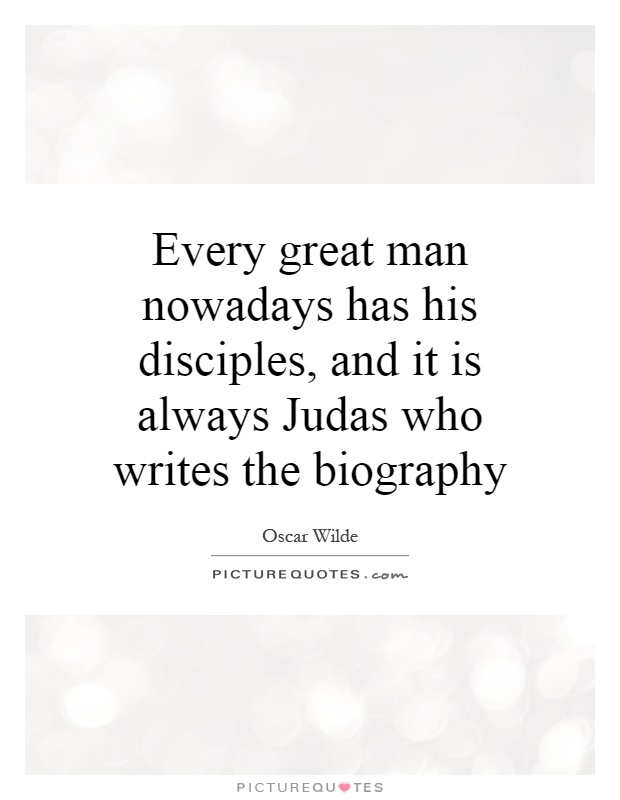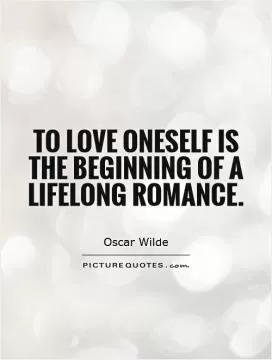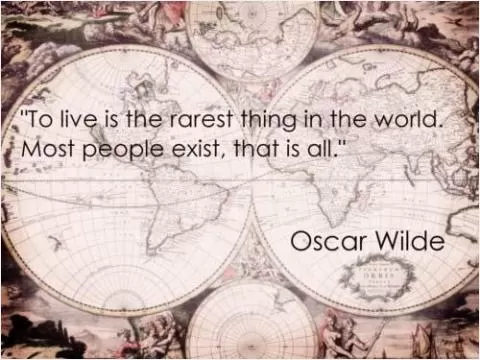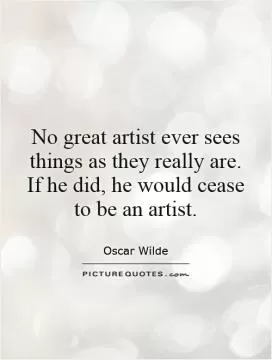Every great man nowadays has his disciples, and it is always Judas who writes the biography

Every great man nowadays has his disciples, and it is always Judas who writes the biography
Oscar Wilde, a literary genius and one of the most iconic figures of the late 19th century, was no stranger to the concept of disciples and betrayal. The quote, “Every great man nowadays has his disciples, and it is always Judas who writes the biography,” holds a profound truth when applied to Wilde’s own life and legacy.Wilde’s disciples were many, drawn to his wit, charm, and unparalleled talent for writing. His circle of friends and admirers included some of the most influential figures of his time, such as George Bernard Shaw, Aubrey Beardsley, and Lord Alfred Douglas. These disciples revered Wilde and sought to emulate his lifestyle and artistic vision. However, it was one of Wilde’s closest friends, Lord Alfred Douglas, who would ultimately betray him.
Lord Alfred Douglas, known as “Bosie” to Wilde, was not only a disciple but also a lover. Their tumultuous relationship would ultimately lead to Wilde’s downfall, as Douglas’s father, the Marquess of Queensberry, accused Wilde of homosexuality, which was illegal at the time. Wilde’s subsequent trial and imprisonment for “gross indecency” would forever tarnish his reputation and legacy.
After Wilde’s death in 1900, it was Lord Alfred Douglas who sought to preserve his memory through various biographies and writings. However, Douglas’s accounts were often biased and self-serving, painting Wilde in a negative light and emphasizing their tumultuous relationship. In a sense, Douglas played the role of Judas, betraying Wilde’s trust and distorting his legacy for personal gain.
Despite the betrayal of his disciple, Wilde’s genius and influence have endured through the years. His works, such as “The Picture of Dorian Gray” and “The Importance of Being Earnest,” continue to be celebrated for their wit, humor, and social commentary. Wilde’s legacy serves as a reminder of the complexities of human relationships and the enduring power of art to transcend betrayal and adversity.












 Friendship Quotes
Friendship Quotes Love Quotes
Love Quotes Life Quotes
Life Quotes Funny Quotes
Funny Quotes Motivational Quotes
Motivational Quotes Inspirational Quotes
Inspirational Quotes